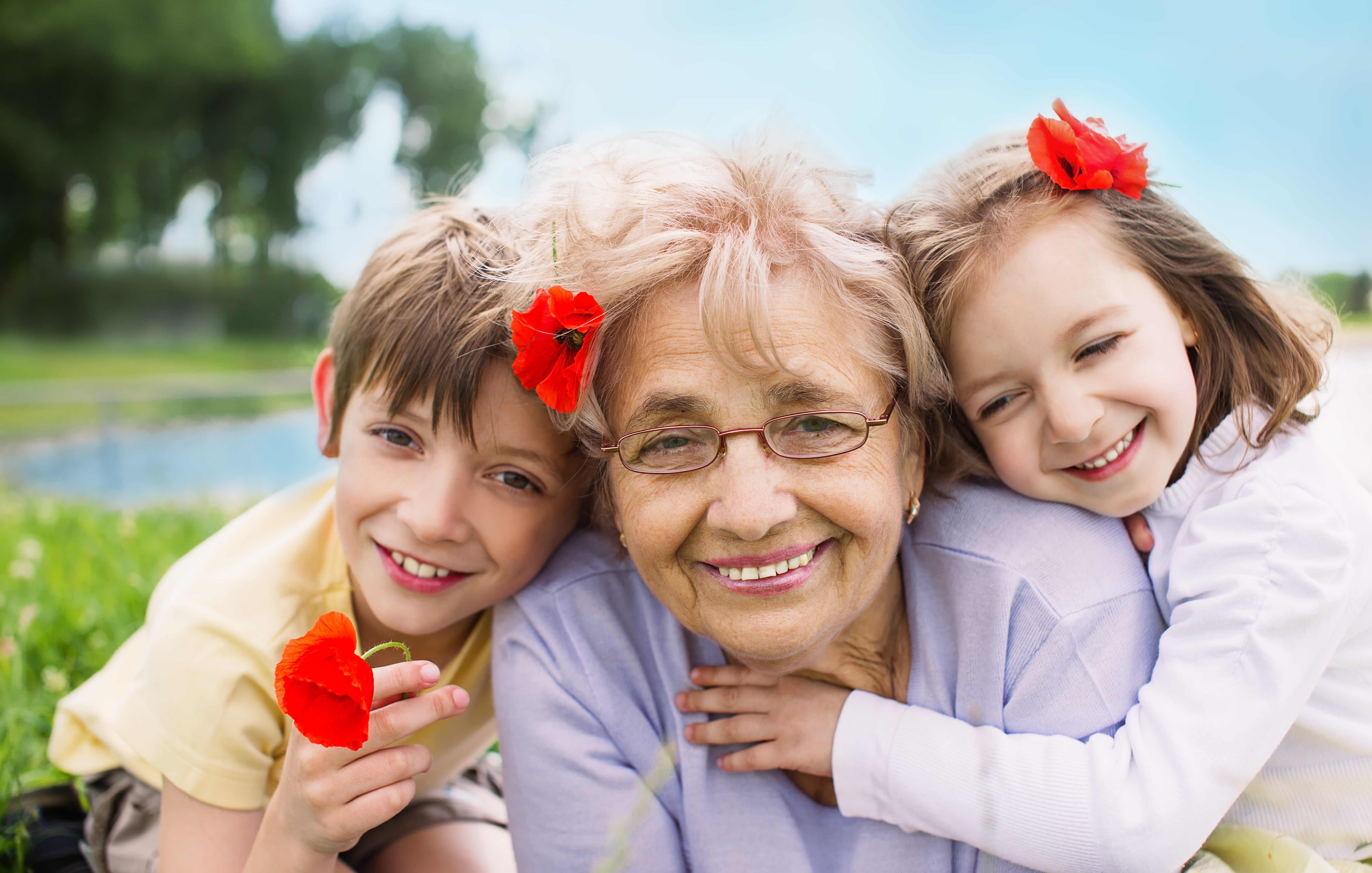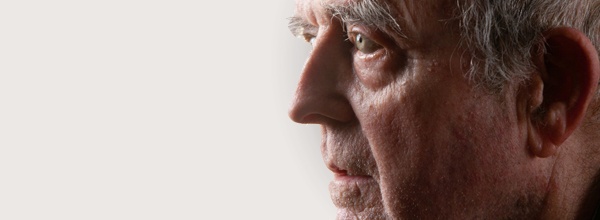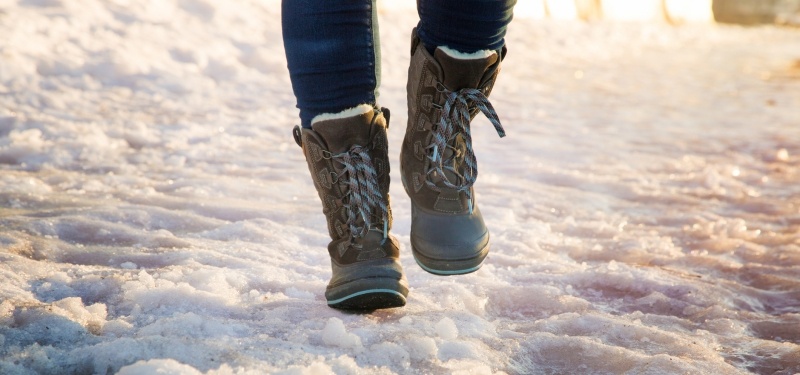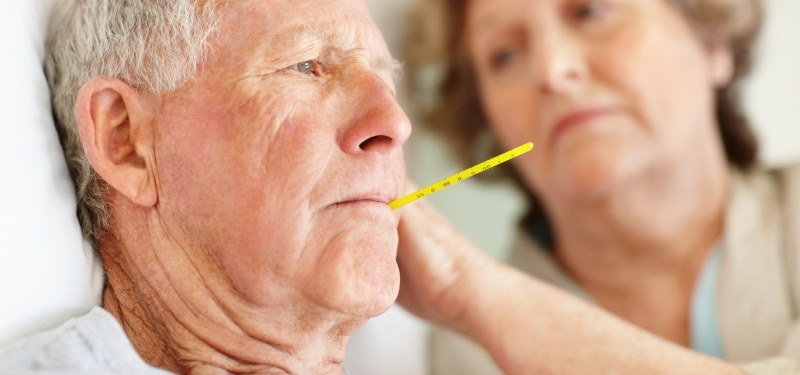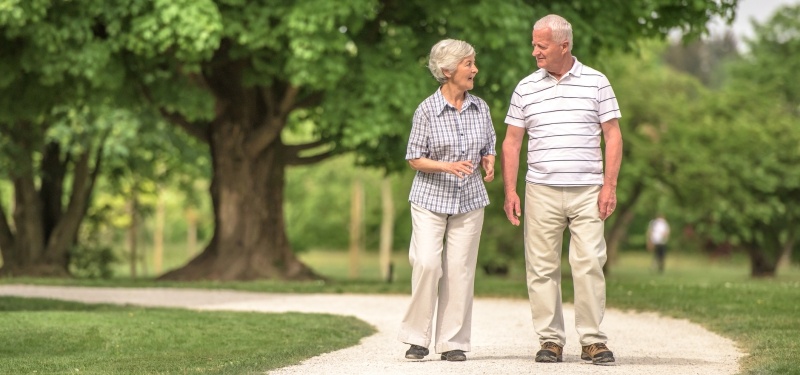Have you ever visited a community only to be bombarded by noise, alarms sounding, call lights beeping and overhead paging? It can be very stressful can’t it? So, let’s talk about alarms and why we use them! I remember years ago, prior to the creation of tab alarms, etc. when we went to a store called “Radio Shack” and purchased alarms to attach to resident chairs/beds to alert us when the resident attempted to rise. These alarms were intended to be used by runners, sportsmen, etc. who may be in the wilderness and need help. So imagine the decibel of sound that was emitted from these alarms, it was deafening! Then someone took pity on us and invented the resident care alarms with a lower decibel but noise just the same!
It is amazing how quickly we turned from winter to spring this year! The sun is out in the Midwest which is a rare sight in the month of February but we aren’t complaining! With spring upon us we are looking at day light savings time and “springing forward” in a few weeks. For many of us this means a loss of an hour of sleep, for others it means gaining an hour of golf at the end of the day. Whatever it means to you, have you considered what it means to your residents with cognitive loss?
Topics: Patient Care
Delirium, Depression and Dementia – Distinguishing the Difference
How often have you admitted a resident from an acute care setting with a recent diagnosis of dementia and antipsychotic medication orders? Did you ever wonder how a diagnosis was determined when the acute care stay was only 3 days long? It has always intrigued me as there is a distinct difference between each diagnosis, the risks associated with each AND the plan of care!
Start Hiring and Retaining the Best Nursing Staff
One of the biggest areas of concern and risk DONs face nationwide is the difficulty of recruiting and retaining quality, compassionate long-term caregivers. It can be demoralizing to bring in the “perfect” employee, spend weeks training them, and then have them leave for a position at a neighboring home.
CMS also understands the impact of staff instability, and they are focusing on this area from a quality perspective. Because the more familiar our caregivers are with the residents, the better the care will be.
Topics: Administration
Hospitalizations Drop Among Long-Term Care Residents
Congratulations! We exceeded expectations!
Per the CMS Blog posted in January 2017, we have enjoyed a sharp reduction in avoidable hospitalizations among long-term care residents.
Topics: Patient Care
Preventing Visitor and Staff Falls at Your Senior Living Community
Winter weather can impact all aspects of our operations, from staff call-ins, to power outages, delayed food and service deliveries, and more. But what about falls? I’m not referring to resident falls, because hopefully when there is inclement weather you aren’t allowing your residents to be outdoors! I am referring to staff and visitor falls. This may shock you, but visitors and staff assume that your parking lot and walkways are going to be safe when they visit a loved one or punch in for their shift.
There's an old adage that “the first dog bite is free,” but the first fall is far from free! Visitor falls are a general liability issue and can be very costly—especially if there's a significant injury.
Topics: Risk Management
Infections May Be the Hidden Cause Behind Your Residents' Falls
Infection control has been a hot-button issue for several years, and many centers have been cited under F441. Are you one of them? Good news! The CDC has developed a tool for evaluating our current processes and identifying if there are any gaps in our protocols. The tool is intended to assist in assessing infection control programs and practices in nursing homes and other long-term care settings.
Topics: Quality Assurance, Patient Care
The Hidden Culprit of Resident Falls: Multitasking
Here's some exciting news in our pursuit to identify the root cause of falls! A recent article published in Managed Health Care Connect identifies that people whose brains work the hardest when they try to walk and talk at the same time may have a higher risk of falling in the future than seniors who can do both of these with ease! To our knowledge, this is the first study to link brain activity changes that PRECEDE behavioral changes to risk of falls, per researcher Dr. Verghese.
Topics: Risk Management, Patient Care
How to Manage Your Reports without Losing Your Mind
I don’t know about you but I don’t like small appliances that only do one task. Don’t buy me an appliance if it isn’t multi-functional or I'll return it! So why should reports be any different?
As with anything in life, there is good news and bad news about reports. First, the bad news. We have more reports that tell us more about our centers than we sometimes care to know. CASPER, PB&J, Quality Measures, 5-star, wound logs, fall logs, pharmacy, 24 hour, RUGs/PPS/MDS, weight loss, rehospitalizations, infection control...the list just goes on and on!
Topics: Risk Management, Quality Assurance, Administration, Incident Reporting
Two Must-Do Milestones to Becoming a 5-Star Facility
If your community is a three- or four-star facility, you may well have it in your DNA to make the leap to five-star status. And if you're a one or two star, maybe it was just bad luck that got you demoted—just a bad survey or an unfortunate resident fall. Hope is a great attribute, but it's not a strategy. As Thomas Jefferson said, “I’m a great believer in luck, and I find the harder I work the more I have of it.”
So if you want to achieve a five-star rating, you do have an opportunity to do that! Everyone wants to be a five-star, and it should be a real goal. But how can you get there? The truth is that you and your team have to do a thousand things a day (seriously) really well. But the two most critical areas where you can drive results are staffing adequately for acuity and professionally managing adverse events.
Topics: Quality Assurance, Administration

